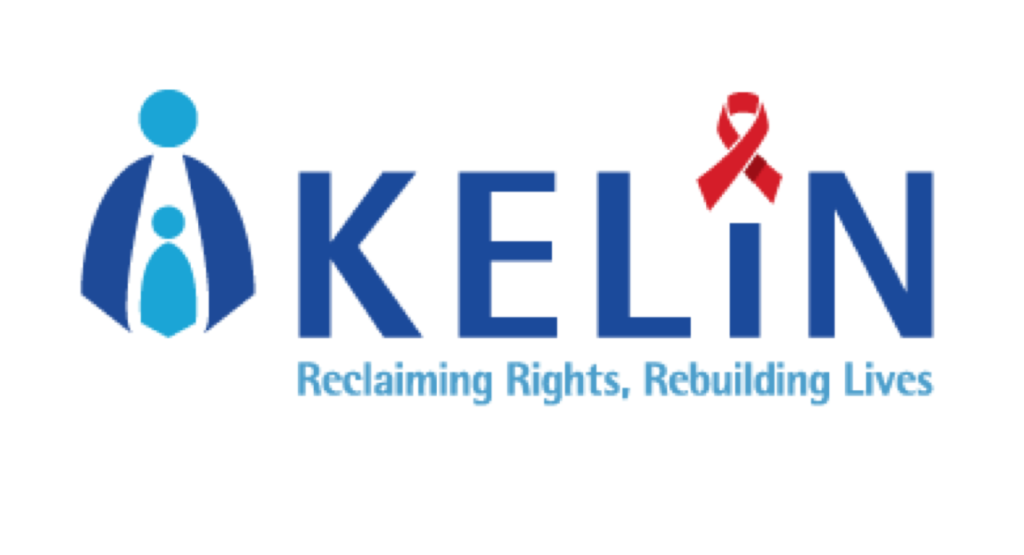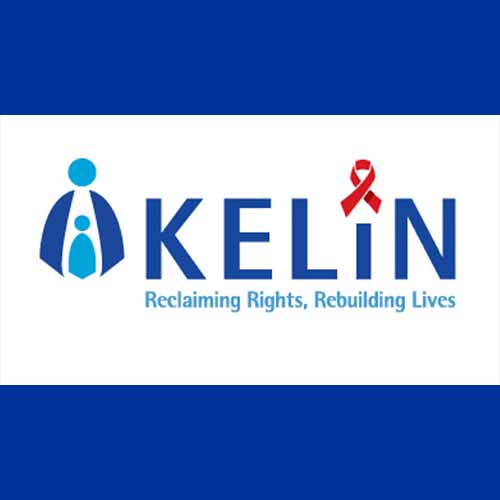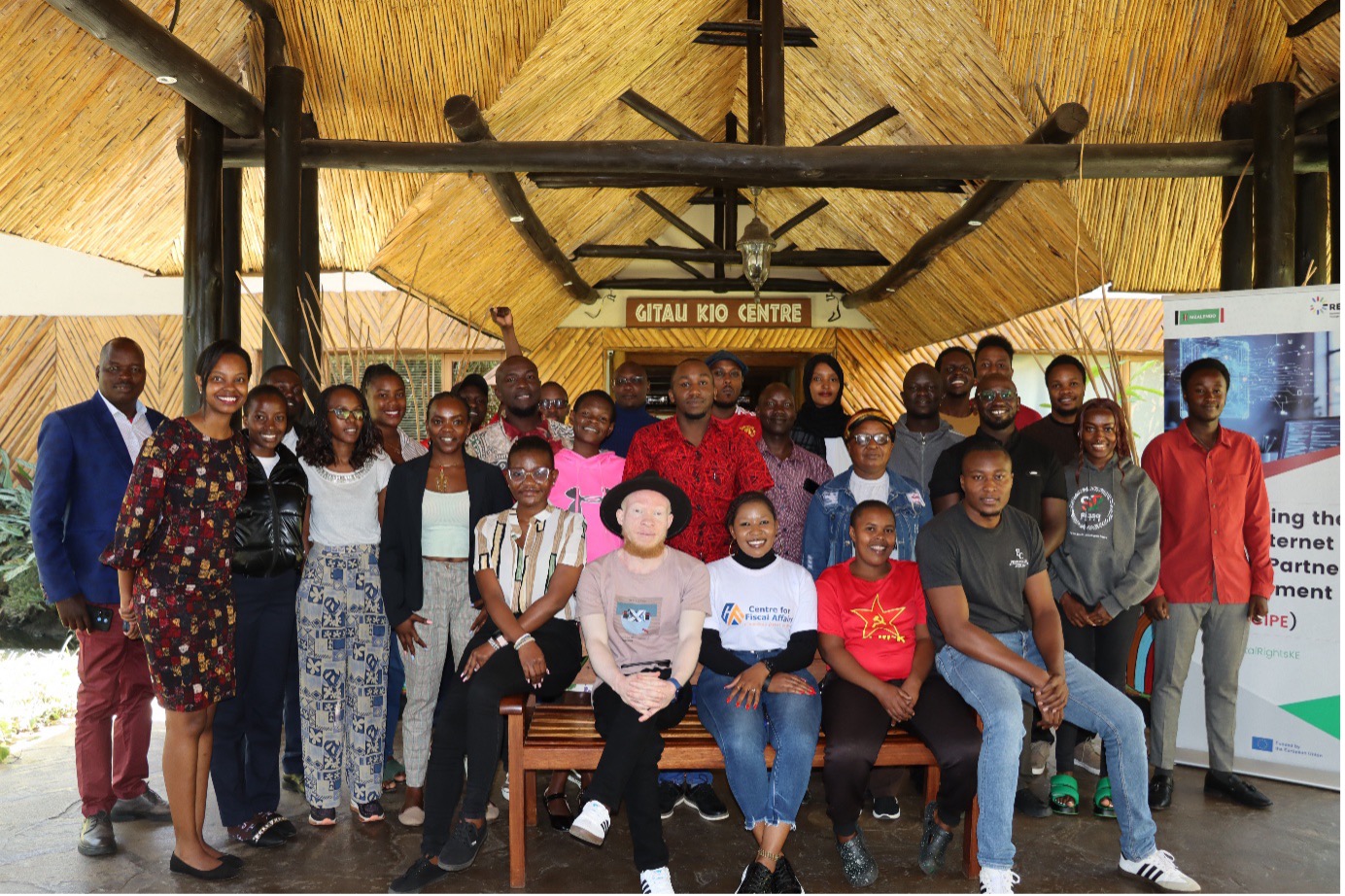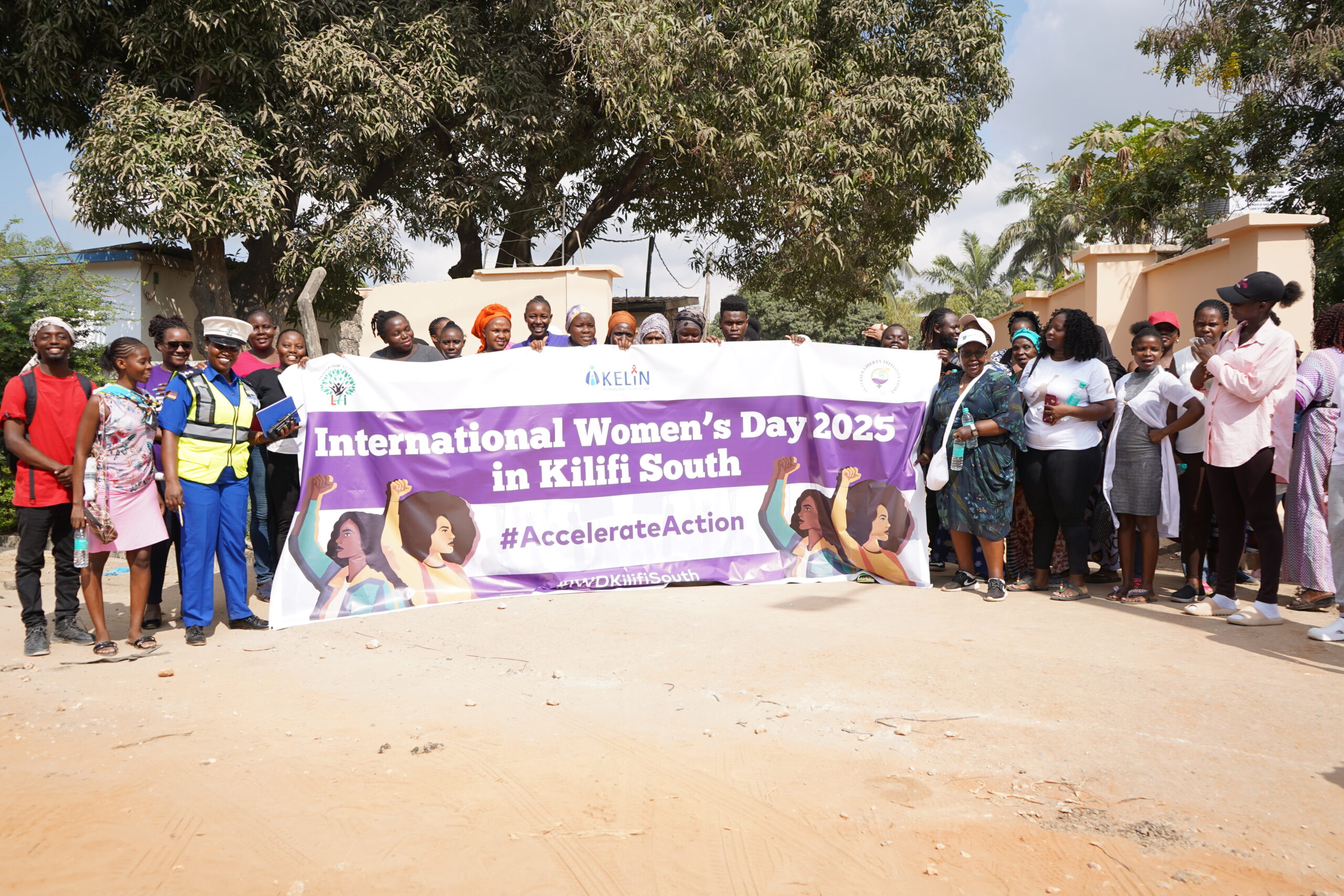In celebration of Access to Information Day 2023, we spotlight the remarkable journey of the Kenya Legal and Ethical Issues Network on HIV and AIDS (KELIN) in leveraging the right to access information to safeguard the right to health in Kenya. KELIN, a prominent human rights NGO, ardently champions health-related human rights and advocates for a rights-based approach to healthcare services, ensuring equitable access for all, including marginalized populations.
In the pursuit of its mission, KELIN has harnessed the power of access to information—a fundamental right enshrined in Article 35 of the Constitution. This provision grants every citizen the right to access information held by the State and other entities concerning the exercise or protection of any right or fundamental freedom. In 2016, Kenya enacted the Access to Information Act, reinforcing these rights and ensuring their practical implementation.
KELIN’s journey showcases how access to information can be a potent tool for promoting and safeguarding health rights. By seeking information held by the government pertinent to the protection, promotion, and fulfillment of the right to health, KELIN has not only exercised a constitutional right but also advocated for transparency and accountability in matters that affect public health. It has demanded answers and accountability from the government regarding its commitments, actions, or omissions that impact the right to health.
Case Study: KELIN v. Ministry of Health & the Attorney General (Petition E063 of 2021)
This compelling narrative takes us to a specific case—KELIN’s legal action against the Ministry of Health and the Attorney General, known as Petition E063 of 2021. The story begins with a startling revelation: the Global Alliance for Vaccines and Immunization (GAVI) exposed questionable expenditures totalling USD 1.6 million by the Kenyan Ministry of Health in its 2016 audit.
Questions arose. How did the Ministry find the funds to reimburse GAVI? Did the Ministry have an unaccounted-for budget surplus of Kes 160 million? Was this repayment funded by hardworking Kenyan taxpayers? KELIN, along with civil society partners, recognized the urgency of these inquiries, given that taxpayers were footing the bill for potentially corrupt actions within the Ministry.
With these concerns in mind, KELIN exercised its right of access to information. In a letter dated November 14, 2016, KELIN requested information from the Cabinet Secretary of the Ministry of Health at the time, Dr. Cleopa Mailu. They sought details about the source of the repayment to GAVI, the budget line from which the money was allocated, and any actions taken against those responsible for the questionable expenses. This request was made in accordance with Article 35 of the Constitution and the Access to Information Act 2016. Unfortunately, the Ministry of Health did not respond, even after a reminder letter was sent.
Undeterred, KELIN turned to the Commission of Administrative Justice (CAJ) as provided for in Section 14 of the Access to Information Act. CAJ, wielding its statutory authority, intervened and urged the Ministry of Health to provide the requested information, but their plea fell on deaf ears.
The Courtroom Battle and Victory
Frustrated by the Ministry’s continued refusal to disclose crucial information, KELIN took the matter to the High Court of Kenya, filing the landmark case of KELIN v. Ministry Of Health & Attorney General (Petition E063 of 2021). In this pivotal legal battle, KELIN sought various orders from the Court, including declarations that the Ministry’s failure to provide the information violated principles of good governance, transparency, and accountability, as well as constitutional obligations related to public finance.
In a momentous verdict, Justice Mugambi of the High Court affirmed the significance of Article 35 in fostering transparency and openness in public affairs. The court underscored that government actions should be transparent and accessible to the public to enhance governance and accountability. The Ministry’s deliberate resistance to providing information was criticized, and the court concluded that this conduct violated the principles of openness and transparency, as outlined in the Constitution.
In a historic ruling, the court made two critical declarations:
- The Ministry of Health’s failure to provide information requested by KELIN violated the right to access information under Article 35(1)(a) of the Constitution.
- The Ministry’s failure to provide information infringed upon its obligation to ensure openness, transparency, and accountability in public finance matters, as per Article 201(1) of the Constitution.
Furthermore, the court ordered the Cabinet Secretary of the Ministry of Health to provide the requested information and directed the Ministry to bear the costs of the petition due to its “flippant attitude” toward information requests.
A 7-Year Journey: Opportunities and Challenges
This remarkable journey spanning nearly seven years illustrates both the potential and challenges of utilizing the right to access information as a tool for justice and accountability. It all began with a simple request for information and culminated in a constitutional petition, with KELIN’s unwavering commitment to promoting transparency and defending the right to health at its core.
As we commemorate Access to Information Day in 2023, let KELIN’s story serve as a beacon of hope, demonstrating the power of information in upholding human rights and holding those in power accountable for their actions. Access to information is not merely a legal provision; it is a cornerstone of a just and accountable society, where every citizen’s right to know is respected and protected.
Blog post written by: Timothy Wafula, Programme Manager Health & Governance; and Allan Maleche, Executive Director – Kenya Legal and Ethical Issues Network on HIV and AIDS (KELIN).
For information about the case, contact Nyokabi Njogu, Litigation Counsel at KELIN and Advocate for the Petitioner.



